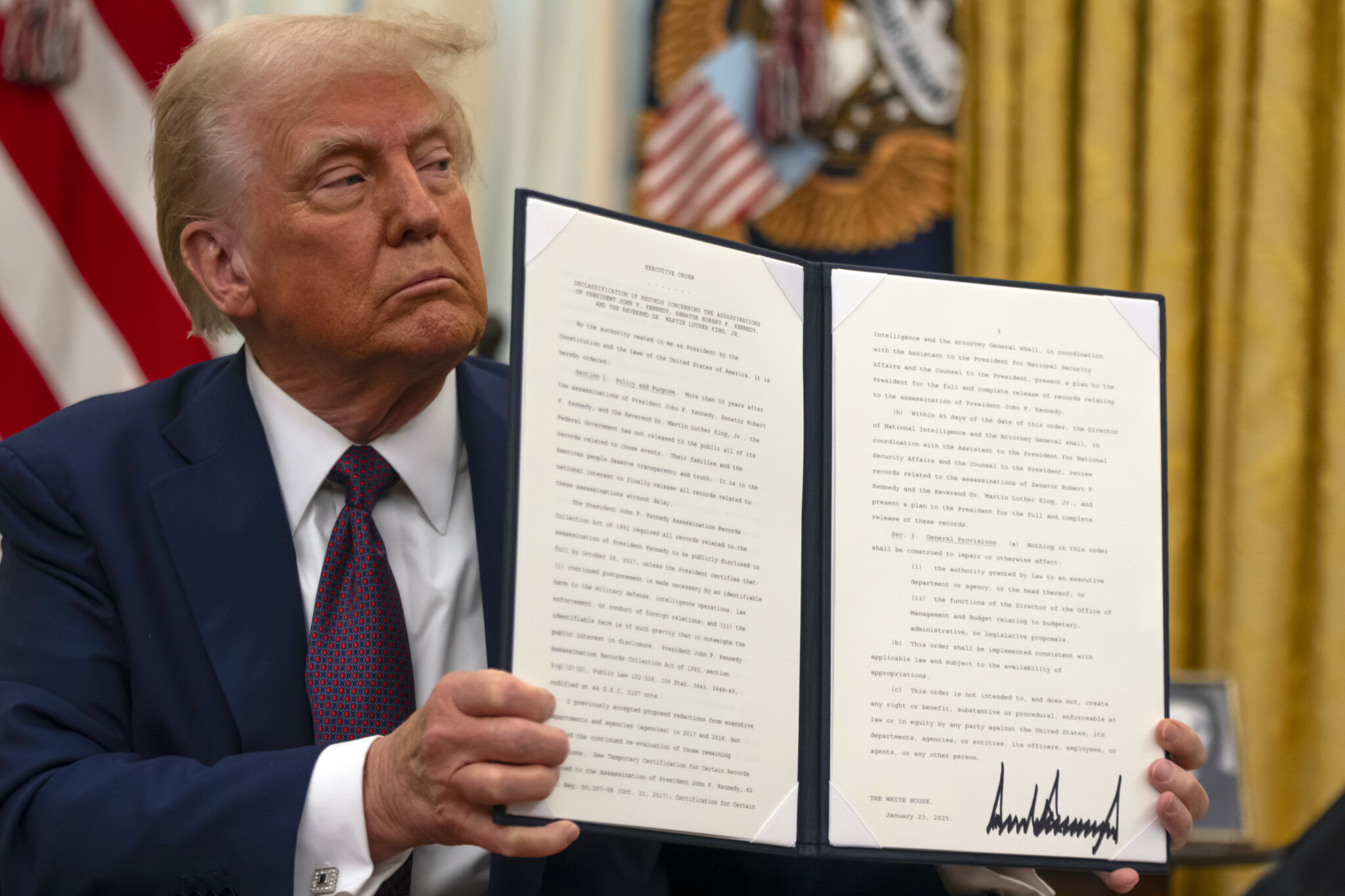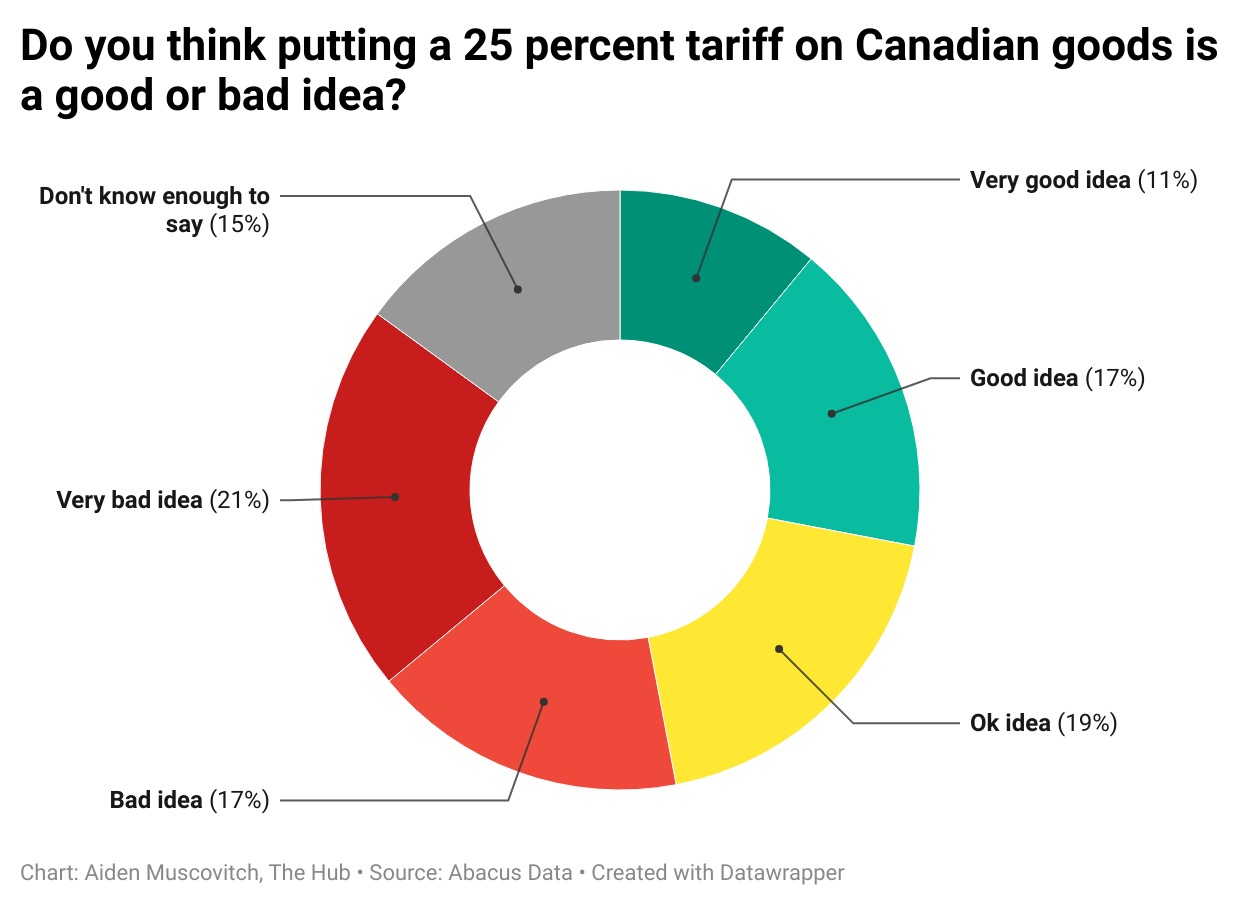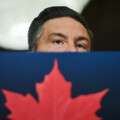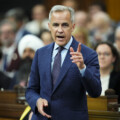This is The Week in Polling, your Saturday dose of interesting numbers from top pollsters in Canada and around the world, curated by The Hub. Here’s what we’re looking at this week.
Americans think imposing tariffs on Canadian goods is a bad idea
A new Abacus Data poll highlights a stark U.S. partisan divide over an expected 25 percent blanket tariff on all Canadian-made goods. Only 28 percent of Americans support the tariff, while 39 percent oppose it.
However, among Donald Trump voters, support for the tariffs rises to 44 percent, with just 16 percent in opposition.
Nearly 45 percent of Americans predict the tariffs will have a negative effect on their cost of living, compared to 25 percent who expect a positive economic outcome.
Moreover, 47 percent of Americans are worried that Canadian counter-tariffs could personally harm them. More specifically, about 60 percent say a tariff on Canadian oil would damage the U.S. Fifty-five percent fear the same if Canada stopped selling oil.
Additionally, 55 percent of Americans see a tariff on U.S. food exports as harmful. Fifty-three percent say Canadian tariffs on American alcohol would have negative effects.
According to recent reports from The Globe and Mail, the federal government is set to offer a “multibillion-dollar, pandemic-style bailout for businesses and workers” to combat the new tariffs. This week in The Hub, Sabrina Maddeaux wrote that while these tariffs might warrant additional spending and economic stimulus from federal and provincial governments, there is a danger we could repeat the same spending mistakes we made during the COVID-19 pandemic.
“We can’t let our response to the crisis become another excuse to concentrate wealth at the expense of middle-class taxpayers and long-term economic health,” she explained.










